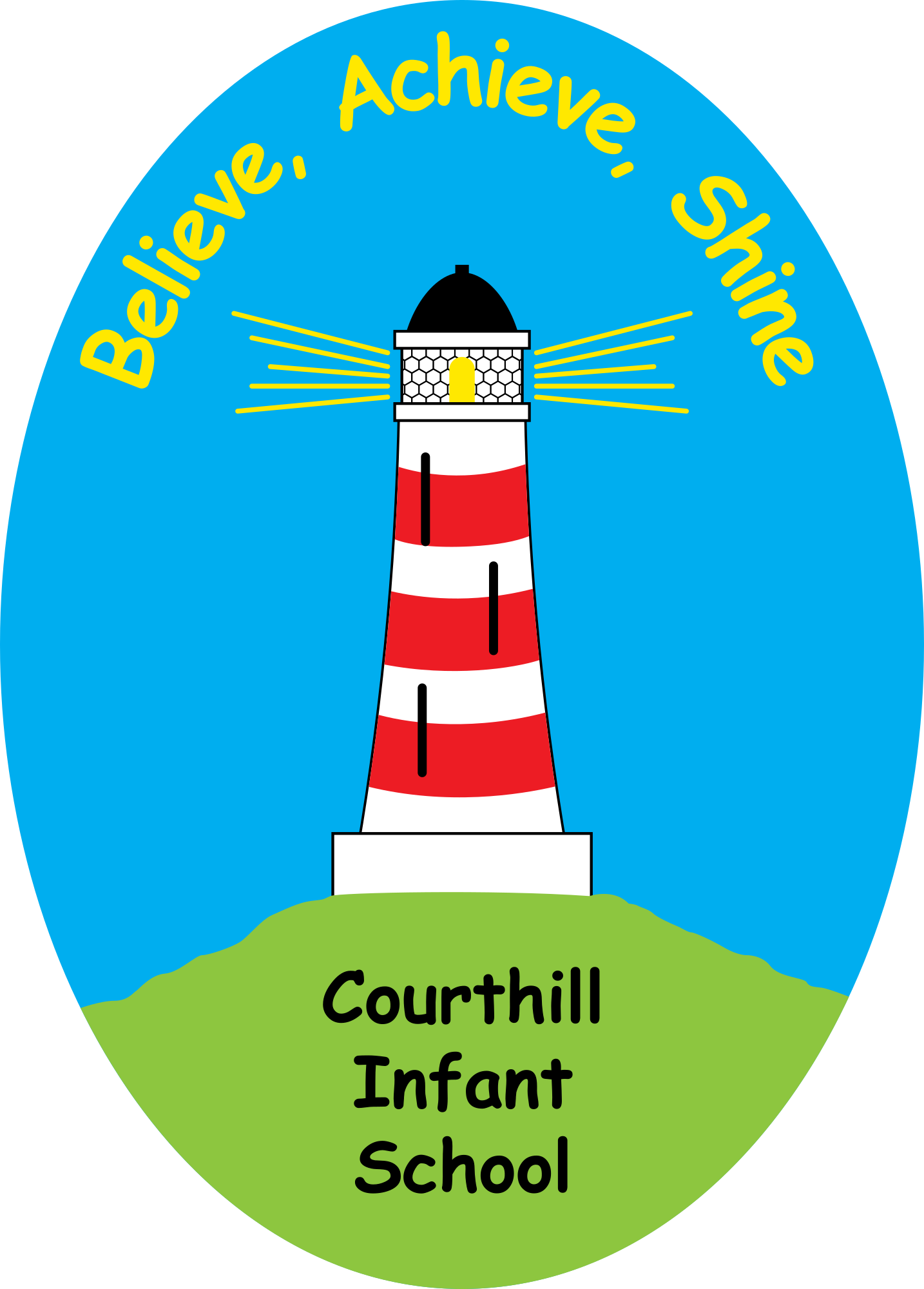PSHE including RSHE
At Courthill Infant School we see Personal, Social, Health and Economic (PSHE) education as being at the centre of all that we do.
The promotion of pupils’ personal development (which includes their social development) is a fundamental aspect of education and underpins all other learning. Through our curriculum, our school environment and our school ethos, we promote pupils’ self-esteem and emotional well-being, and help them to form and maintain relationships, based on respect for themselves and for others.
Aims:
- To promote the spiritual, moral, cultural, mental and physical development of pupils at the school and in society.
- To prepare pupils for the opportunities, responsibilities and experiences of later life.
Click here to view our PSHE Policy - and click here to view Appendix 1
Please find below the presentation from the parent workshop (PSHE/SRE) on 23.6.22
What is PSHE Education?
PSHE stands for Personal, Social, Health and Economic education
PSHE education is a planned programme of learning through which children and young people acquire the knowledge, understanding and skills they need to manage their lives – now and in the future. We have chosen after extensive research and recommendations from other schools in the borough to deliver our PSHE curriculum through use of a scheme called ‘Jigsaw – the mindful approach to PSHE’.
What is PSHE Education?
PSHE stands for Personal, Social, Health and Economic education
PSHE education is a planned programme of learning through which children and young people acquire the knowledge, understanding and skills they need to manage their lives – now and in the future. We have chosen after extensive research and recommendations from other schools in the borough to deliver our PSHE curriculum through use of a scheme called ‘Jigsaw – the mindful approach to PSHE’.
What is Jigsaw, and how does it work?
Jigsaw is a comprehensive and completely original PSHE Education programme for the whole primary school from Years F1 and 2 through to Year 6 (ages 3-11). It was launched in July 2013 and hundreds of schools across the country are using it.
Jigsaw has two aims for all children:
- To build their capacity for learning
- To equip them for life
Jigsaw brings together PSHE Education, emotional literacy, mindfulness, social skills and spiritual development. A variety of teaching strategies are used and are mindful of each child’s preferred learning style. Jigsaw is designed as a whole school approach, with all year groups working on the same theme (Puzzle) at the same time. This enables each Puzzle to start with an introductory assembly, generating a whole school focus for adults and children alike. There is a Weekly Celebration that highlights a theme from that week’s lesson across the school, and encourages children to reflect that learning in their behaviour and attitudes.
The Jigsaw Puzzles (Units)
Jigsaw is structured into 6 half-termly Puzzles (units) with the whole school studying the same Puzzle at the same time.
The Puzzles are sequential and developmental from September to July.
- Being Me in My World (Autumn 1)
- Celebrating Difference (Autumn 2)
- Dreams & Goals (Spring 1)
- Relationships (Spring 2)
- Changing Me (Summer 1)
- Healthy Me (Summer 2)
